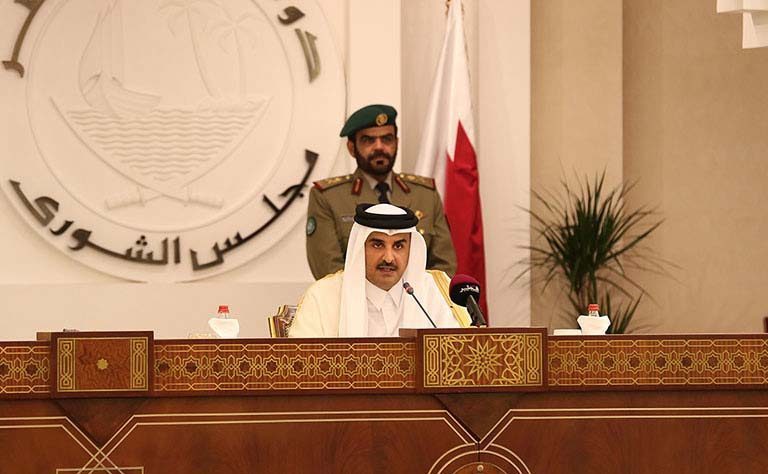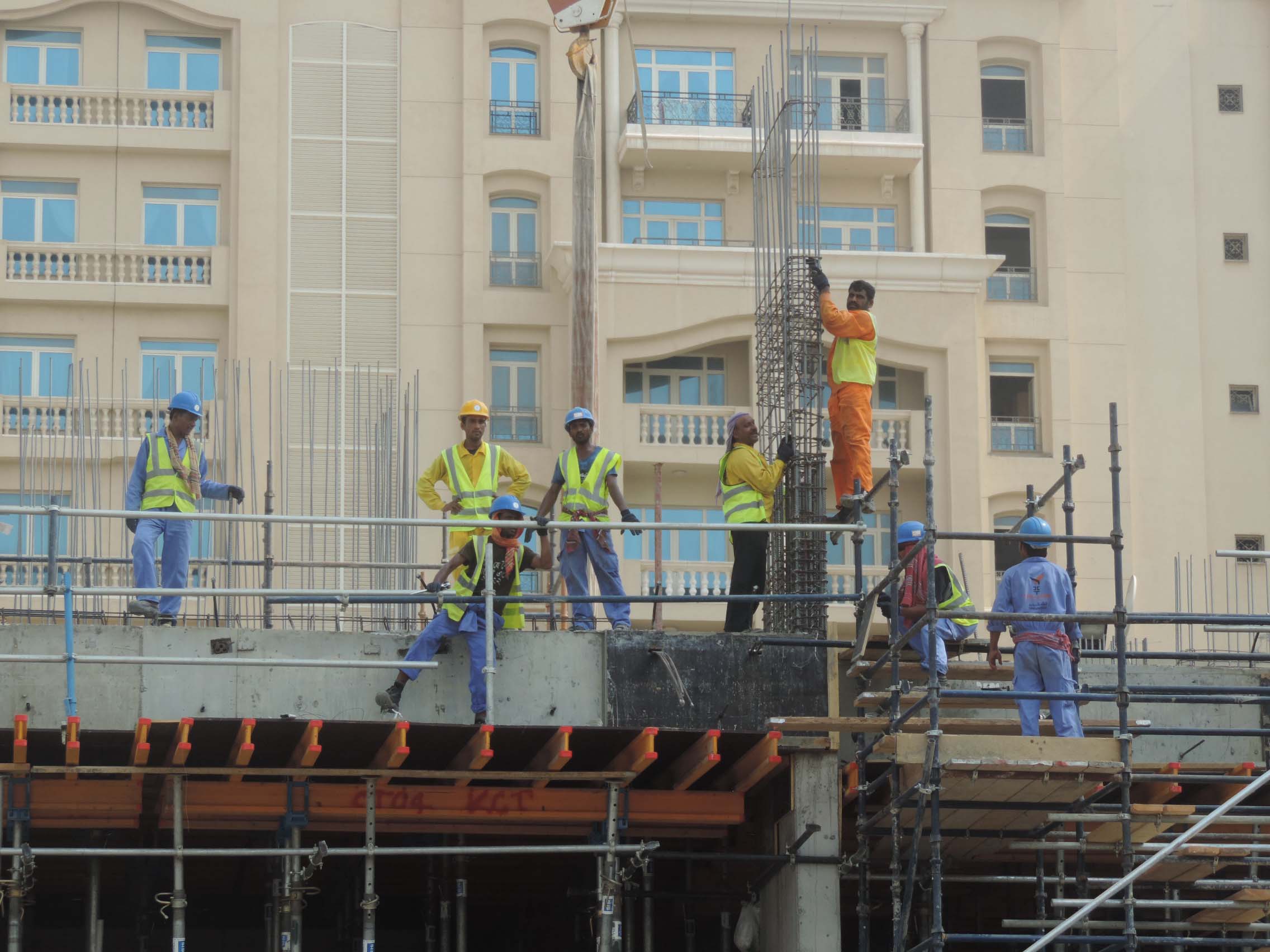
Qatar continues to be one of the most expensive countries in the Gulf to build office towers, retail storefronts and homes, a new report has found.
Though blue-collar workers earn relatively low wages, Doha still has some of the highest constructions costs in the region, according to an annual ranking by consulting firm Arcadis.
This is despite political efforts to reign in industry prices around the country.
Over the last year, Doha moved ahead of European cities Brussels and Milan, as well as Tokyo, Melbourne and Auckland in terms of rising construction costs.
Gulf comparison
The report stated that Doha was the 12th most expensive city this year, ahead of Jeddah (16th) and Dubai (18th).
Last year, Qatar ranked 16th, still ahead of the UAE and Saudi Arabia.
But in a statement, Ian Williamson – the buildings global business leader at Arcadis – downplayed the relative movement and said Qatar continues to be an attractive investment destination:
“The region’s major commercial centers of Doha and Dubai remain – for the time being, at least – relatively stable locations for developers, benefitting from access to inexpensive labor and energy.”
Arcadis compiles an annual index of construction costs around the world, comparing the relative prices of labor and materials required for various building types.
Cost controls
Reigning in construction costs has been a priority for Sheikh Tamim bin Hamad Al Thani since becoming Emir in 2013.

In his first publicized speech, Sheikh Tamim said the government would try to contain inflation “by all available means and tools,” such as improved scheduling of major projects
And last year, the government appeared to take a step in this direction by establishing a ministerial committee to oversee projects of “strategic importance,” according to Qatar’s state news agency.
Its tasks include prioritizing major projects, reviewing costs as well as proposing alternative contracting and financing methods.
The race to build new roads, schools and apartment buildings for Qatar’s rapidly growing population – as well as the stadiums and hotels needed for the 2022 World Cup – have driven up costs, especially as bottlenecks at the Doha Port restrict the volume of imports.

However, the gradual shift to the new Hamad Port – which received its first commercial vessel late last month – is expected to ease this pressure.
Reduced competition
Meanwhile, Arcadis said persistently low oil prices may serve as a silver lining for some in Qatar’s construction sector.
Lower government revenues across the region have prompted authorities to cancel or postpone some mega-projects, reducing the competition for skilled professionals and raw materials:
“Pressure from other parts of the region is, nevertheless, reducing as spend is moderated as a result of falling energy prices. This means that further construction resources can be expected to meet local demand in Qatar,” Arcadis said in its report.
In Qatar, government spending on major projects is budgeted to increase in 2016 despite expectations that the country will run its first budget deficit in 15 years.
However, government planners had already cancelled or delayed many non-essential projects unrelated to the World Cup, including the iconic Sharq Crossing, in the face of rising costs.
Thoughts?







